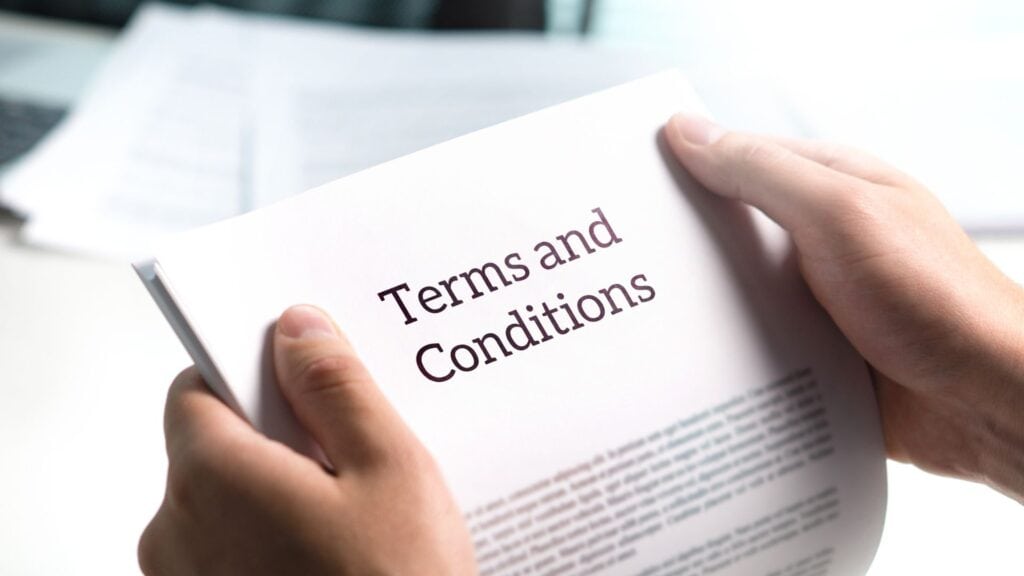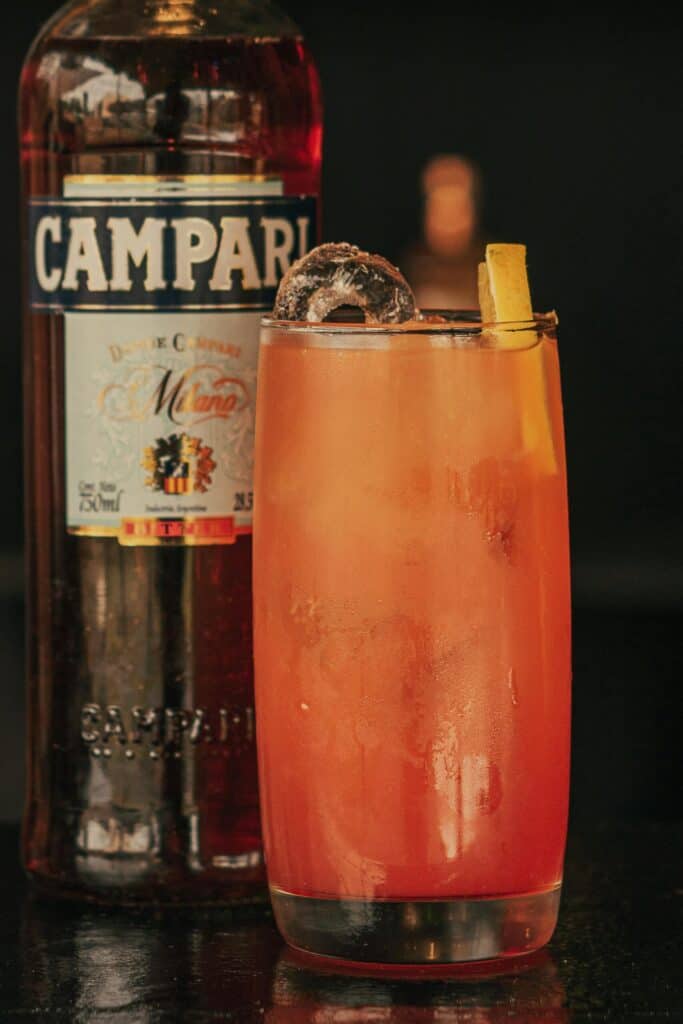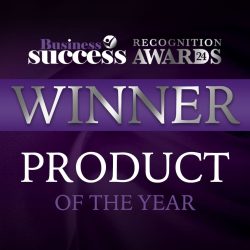ACUK, a charity advocating against alcohol misuse, initially registered a logo featuring “Dry January” as a trademark in 2013, securing protection for promotional materials, merchandise, fundraising, and educational services related to alcohol.
In 2020, ACUK sought to expand its trademark protection by applying to register the plain words “Dry January” for a broader range of goods and services, including non-alcoholic beverages and marketing services related to food and drink.
In a recent decision, the UK Intellectual Property Office (UKIPO) determined that Alcohol Change UK (ACUK) cannot prevent third parties from using the phrase “Dry January” for certain goods and services.
Big Drop Brewing Company (BDB), a producer of alcohol-free beer, opposed this application. BDB argued that “Dry January” is a widely used term, incapable of distinguishing ACUK’s goods and services from others. They contended that the phrase is descriptive, non-distinctive, and has become customary in relation to non-alcoholic and low-alcohol beverages.
The UKIPO agreed with BDB, finding that “Dry January” is commonly understood to signify a period of abstinence from alcohol in January. Consequently, the term was deemed non-distinctive and descriptive, making it unsuitable for trademark protection in the specified categories. ACUK was unable to demonstrate that the mark had acquired distinctiveness through use. As a result, the UKIPO ruled against ACUK’s application and ordered the charity to contribute to BDB’s legal costs.
It will be interesting to see if this will impact
“Stoptober” . This is a public health campaign initiated by Public Health England in 2012 to encourage smokers to quit smoking for 28 days during October. The campaign has been successful in promoting smoking cessation, with research indicating an increase in quit attempts during October in England.
The term “Stoptober” is a registered trademark owned by the Secretary of State for Health, with the registration number 4985775. This means that the UK government have exclusive rights to use the term in connection with its smoking cessation services and related promotional activities.
This highlights the necessity for organisations to develop distinctive and unique campaign names if they wish to secure trademark protection. This approach not only safeguards the campaign’s identity but also ensures that the associated goodwill and public trust are preserved. Phrases cannot become generic or descriptive within the sector– they must remain distinctive. Otherwise, the trademark will join the likes of Hoover and Aspirin its brand dilution or losing its status due to generic everyday use.
How National Business Register Can Help Protect Your Brand
At National Business Register, we recognise that your brand is one of your business’s most valuable assets. Our team of IP experts can guide you through the complexities of brand protection. Whether you’re a start-up or an established business, we’re here to help you secure the unique aspects of your brand, ensuring it remains protected against imitation and misuse. Contact us to learn how we can support you in building a brand that’s not only memorable but also legally safeguarded. You can email us at info@nbrg.co.uk or calling 0800 069 9090.
Don’t leave your IP to chance – let’s protect your business together.







